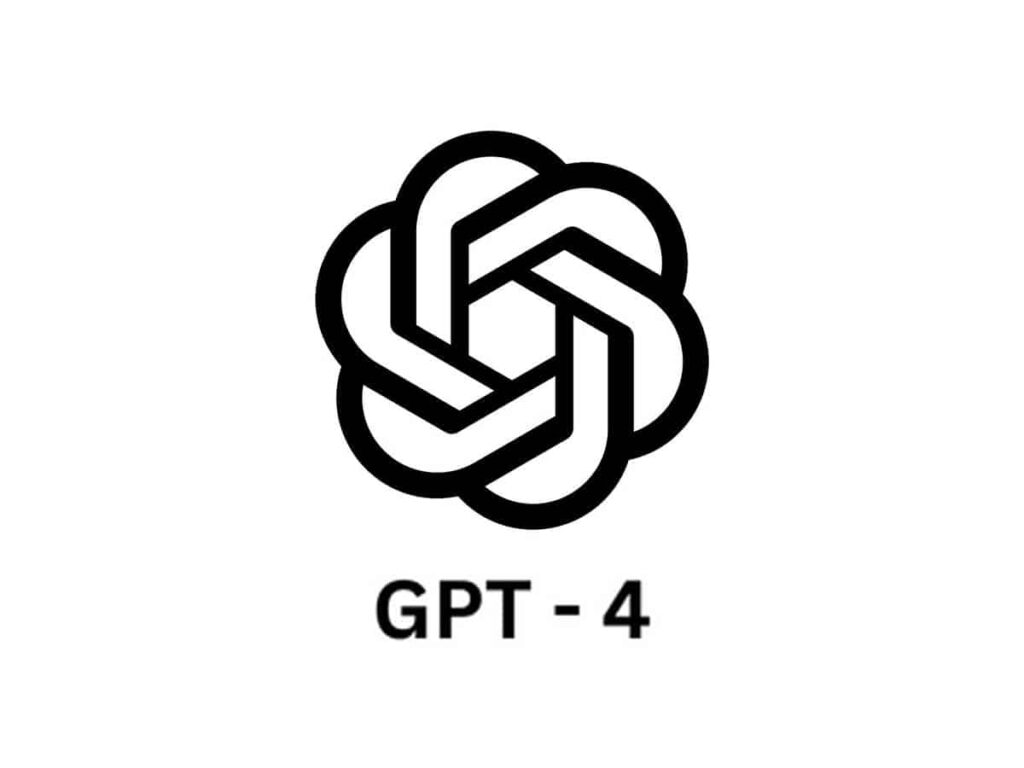
Recent discussions and developments surrounding ChatGPT, particularly those involving GPT-4, have brought to light some performance issues that users have been experiencing. These concerns primarily revolve around the AI model’s responsiveness and accuracy.
Users on the OpenAI Developer Forum and other platforms have reported a noticeable decline in ChatGPT-4’s performance. Common issues include increasingly error-prone and inaccurate responses, network errors, long delays, and occasional crashes. Some users speculated that these changes might be an attempt by OpenAI to encourage a shift to paid plans. However, there hasn’t been any official confirmation of this theory.
In response to these concerns, OpenAI has been actively updating ChatGPT to address the reported issues. They have released an update intended to improve the chatbot’s accuracy and responsiveness. Additionally, OpenAI introduced new embedding models aimed at increasing efficiency and reducing operational costs, thereby potentially addressing the issues of slower response times and inaccuracies.
OpenAI has acknowledged the decline in GPT-4’s performance and attributed it to changes in the training data used for fine-tuning the model. While these changes were initially aimed at enhancing accuracy and reducing bias, they inadvertently made the AI less responsive. The company is investigating the matter and working on solutions to improve GPT-4’s performance.
Notably, OpenAI issued a patch to fix what was described as “laziness” in GPT-4’s responses. This update to the GPT-4 Turbo model was designed to make tasks like code generation more comprehensive, thereby reducing incidents where the chatbot does not complete tasks or provides oversimplified answers.
Furthermore, OpenAI is considering introducing daily message limits to manage the overall load on the engine. This move is part of their strategy to make ChatGPT more reliable and user-friendly. They are also planning to roll out features that allow users to view past conversations with ChatGPT, thereby reducing the number of repeat attempts to get the same answer.
In summary, while ChatGPT has shown remarkable capabilities, it is still a work in progress. OpenAI’s recent updates and ongoing efforts to improve the model’s performance demonstrate their commitment to addressing user feedback and enhancing the overall functionality of their AI tools.
